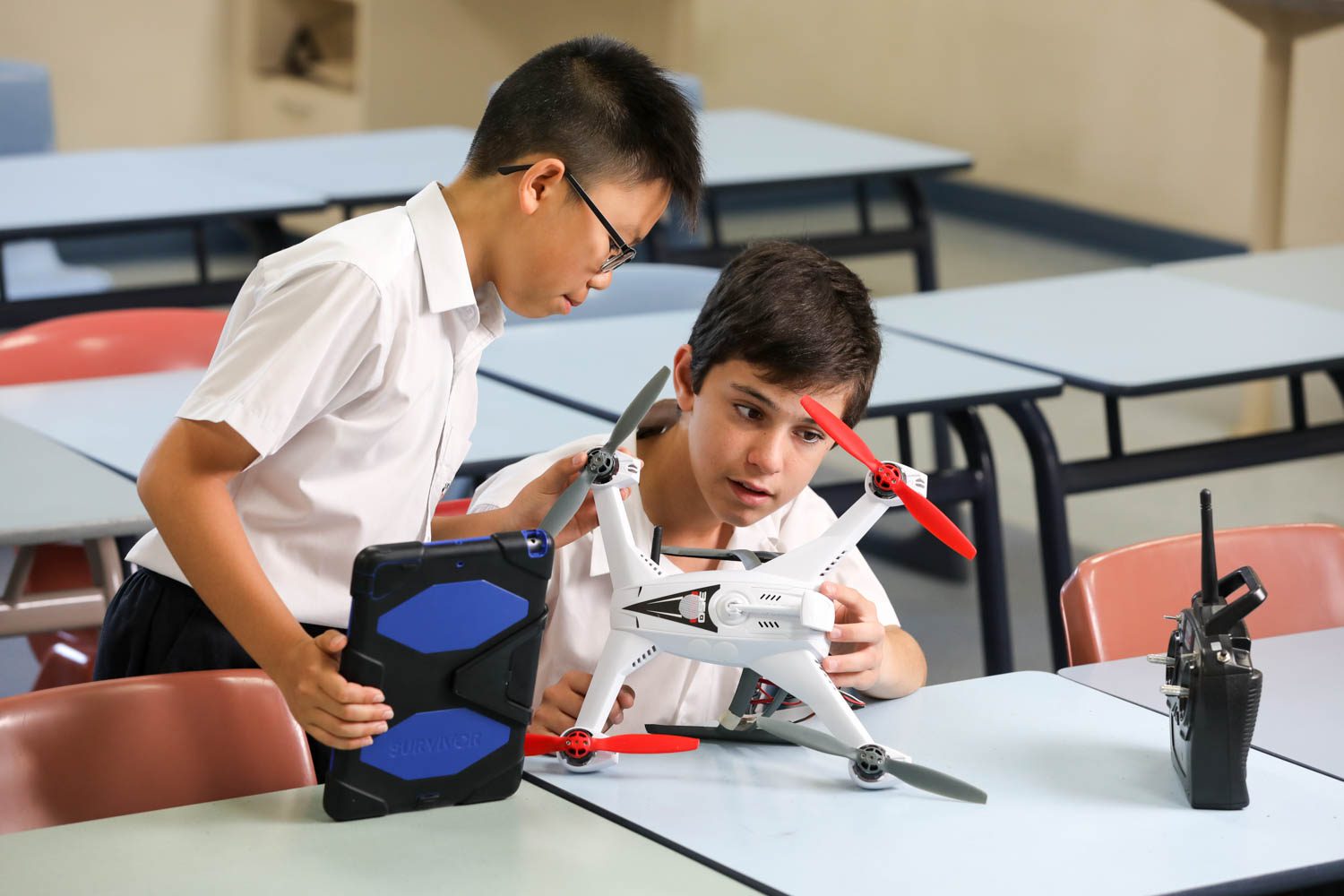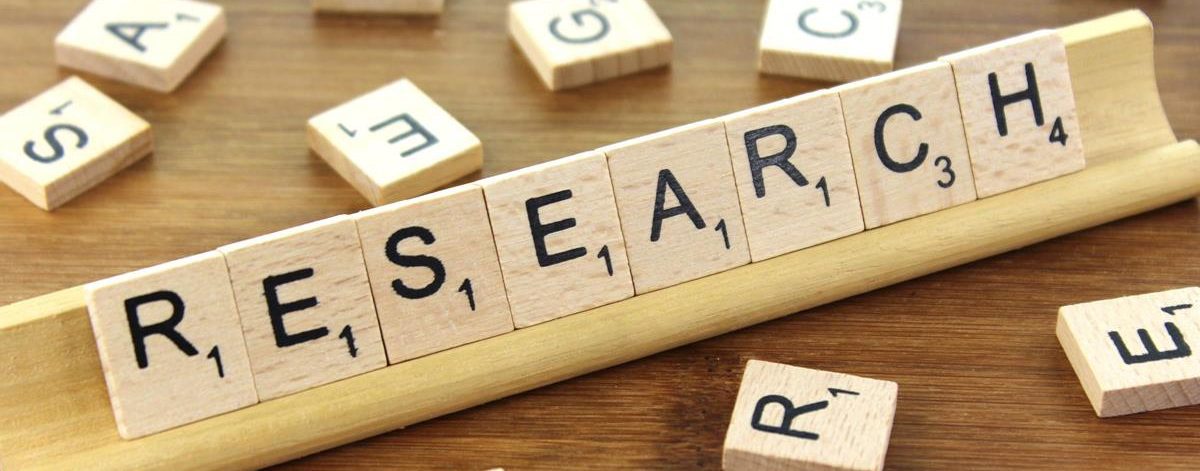Research Help
Research Skills
Learning to inquire and think critically are important life-skills. While the internet has increased accessibility to information from a wide-ranging variety of sources, it doesn’t mean that this information is reliable, authoritative and acceptable for scholarly research. Being able to “Google” does not make you a good researcher.
But why can’t I just Google?
Many students start their search with Google, and it is a good place for background and general information. But it cannot be relied upon for scholarly research, and for information that is credible, useful and authoritative. Anyone can create a website, whether they know what they are talking about or not.
Useful research tips
Below are links to 3 very useful sources of information to help you with your research.
- SACE Research Advice
- State Library of Victoria: Research and essay writing guides
- State Library of SA
- How to search effectively: Tips from the University of Adelaide
Researching using databases:
Excellent detailed information from ClickView (you will need to sign in).
But if I still want to just Google?
If you do use Google, you need to ensure you are searching properly, and that you evaluate any sources that you use carefully (See page Evaluating Sources) and that you watch this video “Google like a Pro” for helpful hints.
Google Search Tricks for Research
Google can be a great starting point for any research project. But if you’re looking for more refined, credible, and useful information you have to get familiar with Google’s “search operators” – basically ways to target your search. This video covers the four most essential search operators and provides examples for how they can help narrow down your results to sources that’ll be most helpful.
Evaluating Sources
Critically evaluating sources of information is an important skill for all students undertaking research.
You should ask the following questions: Who has written the information and what authority do they have? Is the information objective or biased? Is it corroborated by other sources? How current is the information? Is it relevant to your topic? To help answer these questions, follow the CRAP TEST.
The Crap Test.
Currency: The timeliness of the information.
- When was the information published or posted?
- Has the information been revised or updated?
- Is the information current or out-of-date for your topic?
Relevance: The importance of the information for your needs
- Does the information relate to your topic or answer your question?
- Who is the intended audience?
- Have you looked at a variety of sources before determining this is the one that you will use?
- Would you be comfortable using this source for a research assignment?
Authority: The source of the information
- Who is the author or creator of the source? Are they qualified to write on the subject?
- Is the author associated or affiliated with an educational institution or other reputable organisation?
- Is there contact information, such as a publisher or email address?
- If a website, does the URL reveal anything about the author or source?
For example: .com (commercial) .edu(educational) .gov(government) .org(non-profit organisation) or .net(network).
Accuracy: The reliability, truthfulness and correctness of the content.
- Where does the information come from? Does it come from a reliable source?
- Is the information supported by evidence?
- Has the information been peer reviewed or refereed?
- Can you verify the information from another source?
- Are there any spelling, grammar, or other typographical errors?
Purpose: The reason the information exists.
- What is the purpose of the information? To inform? To teach? To sell? To persuade? To entertain?
- Is the information fact? Opinion? Propaganda?
- Are there political, ideological, cultural, religious, institutional, or personal biases?
- Does the point of view appear objective and impartial?
Useful links to help about evaluating resources:
From the University of Adelaide: Evaluating Resources
From the RMIT University: Checklist
From the Hartness Library Community of Vermont: Credible Websites?






